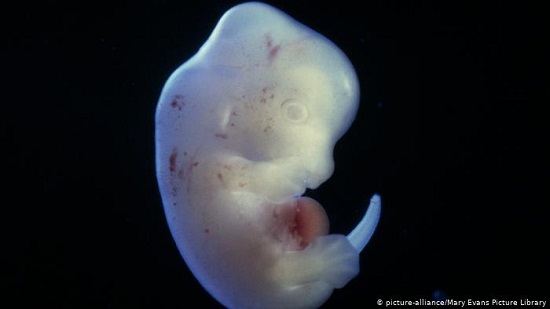A Japanese researcher is set to become the first scientist to develop live animals that contain human organs. Hiromitsu Nakauchi plans to insert human stem cells into rats and then transfer the cells into other animals.
Experts at the Science Ministry approved a proposal by University of Tokyo researcher Hiromitsu Nakauchi to grow human stem cells in mouse, rat and pig embryos and then transplant those cells into another animal, according to Nature magazine.
Nakauchi hopes to eventually create animals with complete human organs that could be transferred into a human body.
In March, Japan lifted a ban on developing human-animal embryos beyond 14 days or bringing them to term. The ban also forbade scientists from transplanting organs developed in animal embryos to other animals.
Human cells have been grown in animal embryos in other countries. However, none of those embryos were brought to term.
Genetic distance a problem
Bioethicists say the research could have unintended consequences if some of the human cells were transferred to the animal s brain. Nakauchi told Nature, however, that the interventions are designed to only affect the organ that he plans to grow.
In 2017, the researcher effectively cured a diabetic mouse by growing a healthy mouse pancreas in a rat embryo before transplanting it into the sick mouse.
Mice, rats and pigs are not the best hosts for the development of human organs because of the "genetic distance" between their cells and human cells. Nakauchi hopes that his experiments will help scientists better understand the problem.
Japan s Science Ministry is expected to give the project its final approval in August.


